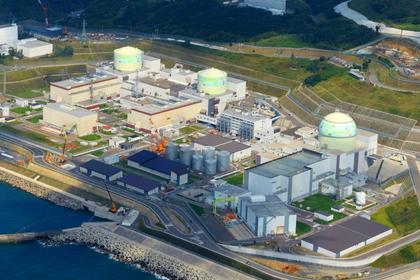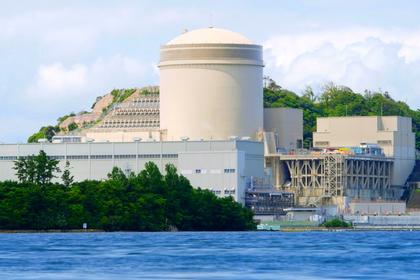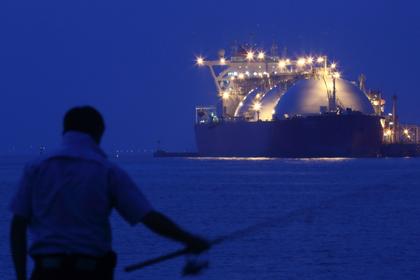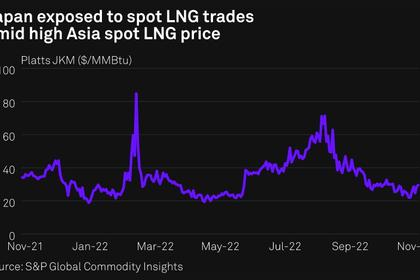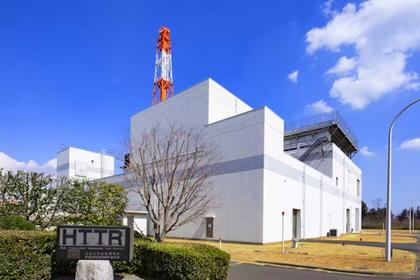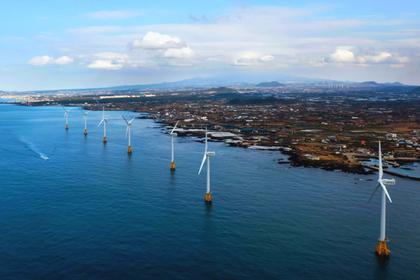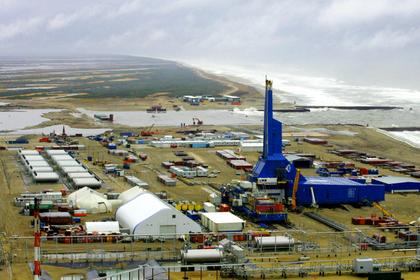
JAPAN'S NUCLEAR DEVELOPMENT
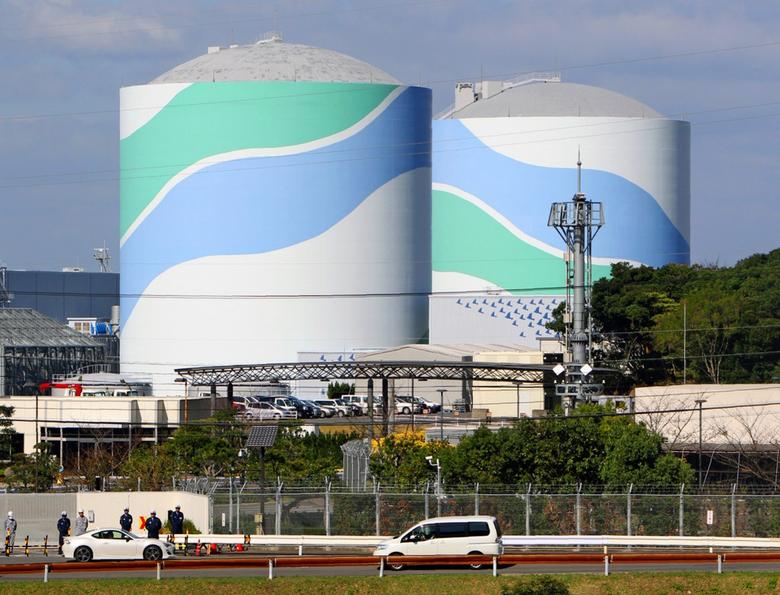
WNN - 10 February 2023 - Japan's Cabinet has approved a policy to allow new nuclear power reactors to be constructed and the operation of existing reactors to be extended from 40 to 60 years.
Since July, an advisory panel - the Green Transformation (GX) Executive Committee - has been considering the implementation of major changes in energy, all industries, and the economy and society in order to achieve the goal of achieving net-zero emissions by 2050. The government's GX implementation meeting was held on 22 December, during which a roadmap for the next ten years was agreed as a "basic policy for the realisation of GX".
Under the new policy - which describes nuclear power as "a power source that contributes to energy security and has a high decarbonisation effect" - Japan will maximise the use of existing reactors by restarting as many of them as possible and prolonging the operating life of aging ones beyond the current 60-year limit. The government also said the country will develop advanced reactors to replace those that are decommissioned.
Under revised regulations which came into force in July 2013, Japanese reactors have a nominal operating period of 40 years. Extensions may be granted once only and are limited to a maximum of 20 years, contingent on exacting safety requirements.
On 21 December, Japan's Nuclear Regulation Authority approved a draft of a new rule that would allow the reactors to be operated for more than the current limit of 60 years. Under the amendment, the operators of reactors in use for 30 years or longer must formulate a long-term reactor management plan and gain approval from the regulator at least once every 10 years if they are to continue to operate.
The new policy will effectively extend the period reactors can remain in operation beyond 60 years by excluding the time they spent offline for inspections from the total service life.
Under the new policy, Japan will also develop and construct "next-generation innovative reactors" to replace about 20 reactors that are set to be decommissioned.
Bills to implement the new policy will be submitted to parliament during the ongoing session.
-----
Earlier:
